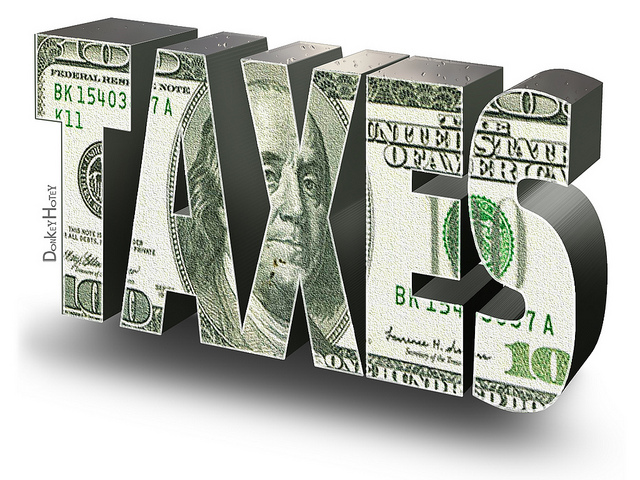Income Tax
Advancements in Technology Are Driving Risk of Tax Controversy
Controversy is also expected to increase due to international regulatory initiatives that demand country-by-country reporting. Countries adopting the OECD Base Erosion and Profit Shifting recommendations are not likely to be consistent.
May. 08, 2016

As tax authorities at the state and federal level pay greater attention to digital business models, and those authorities themselves adopt advanced technologies, controversy and enforcement now top all tax risk for 2016.
That’s according to a new survey by EY of corporate tax professionals. In 2016, 35 percent of those surveyed said enforcement and controversy was their highest risk, switching places with last year’s lead response, operational risk. To help manage that risk, corporate use of new software is seen as driving tax function effectiveness and better management of big data with real-time reporting and analytics.
Among the issues tax professionals consider important, data accuracy and availability was ranked number one by 25% of survey respondents.
“New technology is not just creating digital businesses, it’s also transforming finance functions and creating a great opportunity for tax functions,” said Kate Barton, EY Americas Vice Chair of Tax Services. “But tax must be involved in the design. Sixty-one percent of our survey respondents said that the best way to manage controversy was to involve the tax director earlier in the business transformation processes.”
Controversy is also expected to increase due to international regulatory initiatives that demand country-by-country reporting. Countries adopting the OECD Base Erosion and Profit Shifting recommendations are not likely to be consistent. Sixty percent of respondents expect this lack of coordination to increase tax controversy.
In another use of technology, tax authorities are upgrading to digital platforms, demanding more consistent, timely, detailed and accurate reporting. To address these demands, tax functions are turning toward automation that manages big data with better integration with the rest of the finance function. When improving the tax function, 9% of those surveyed are using or custom developing more sophisticated software applications. Yet 39% of those surveyed still find templates of spreadsheets relatively effective. When more is needed, 49% rely on software provided by outsourcing, accountancies or professional service providers.
Tax reform is not the primary issue
During this election year, tax professionals do not see movement toward tax reform. Eighty-one percent believe the candidates are not spending enough time discussing tax issues. Another 9% said candidates focus too much on individual taxes instead of business taxes. The Democratic candidates are seen as communicating more of their thoughts about tax policy than the Republican candidates. Perhaps that lack of presidential election focus explains why 62% of survey respondents do not expect to see major tax legislation in 2017. Only 28% say tax reform is gaining traction compared to 34% who felt traction in 2015. Only 12% consider legislative uncertainty the priority risk this year (17% in 2015). The lack of progress was reflected in the respondents’ top concern about today’s international corporate tax structure: the tax rate relative to other OECD countries. Looking ahead, 64% of those surveyed do expect the rate to be lowered in the next five years.
Cadillac Tax management engine needs revving
The Affordable Care Act “Cadillac Tax” is set to go into effect in 2020, potentially affecting approximately 30% of large employers in the first year if they do not make changes to their health plans. Yet according to the survey, 45% of tax professionals do not know if their company is taking steps to prepare for the excise tax.
“This element of the ACA is an area that will fall on the shoulders of tax,” said Barton. “It may be understandable if companies delay their modeling, but leaving this issue for HR to manage is likely to create problems. That is true of all indirect tax issues – they may seem like someone else’s problem short-term, but a company’s overall tax profile can affect the bottom line and should be managed by the tax function.”
The 2016 Domestic Tax Conference survey was conducted among more than 2,300 registrants for the Ernst & Young LLP 2016 Domestic Tax Conferences held in New York and Chicago. Three quarters (79%) work at billion-dollar companies. More than two-thirds (69%) have been in their tax department for 10 or more years. Almost half (46%) say the tax department spends at least half of its time on international tax.
